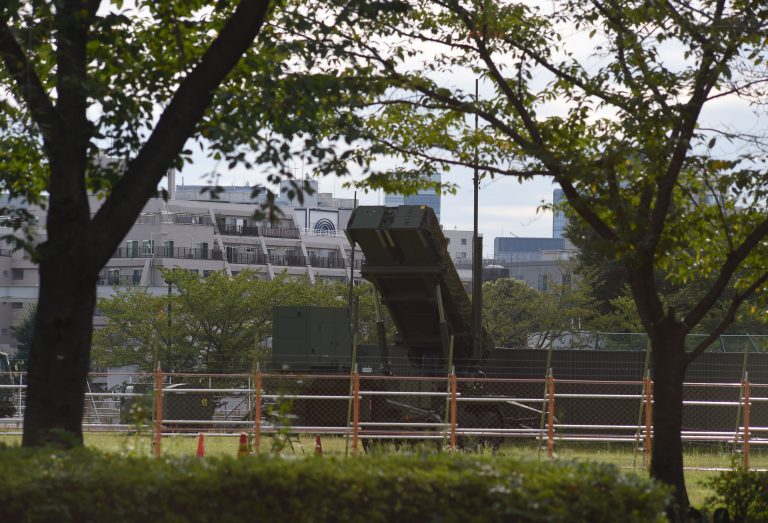One of the top two candidates vying to become Japan’s next Prime Minister, Fumio Kishida, has said in an interview with The Wall Street Journal (WSJ) that Japan should consider expanding its missile-strike capabilities in the face of potential foes like China and North Korea.
Taking a hardline against China, Kishida told the WSJ that Taiwan is the frontline struggle by democracies to resist authoritarianism’s advance adding that, “Tokyo and Washington needed to run joint simulations of how they would respond together in a crisis scenario involving Taiwan.”
Kishida, in conversation with the WSJ, expressed concerns over China’s DF-17 hypersonic missiles that can change direction if needed and cruise at very low altitudes stating that “The other side’s technology is advancing every day” and that updating Japan’s defenses “is a very important political issue.”
Addressing concerns for his homeland he said, “Can we protect the lives of the people by watching silently as Japan gets hit? Don’t we need to have the ability to block the other side’s missile attack ability? That’s the problem I’m pointing out.”
Kishida served as a foreign minister from 2012 to 2017 and is the leader of a ruling-party faction that was established in the late 1950’s. The faction is known for more liberal views. He currently represents a district of Hiroshima and has campaigned in the past for the abolition of nuclear weapons.
Success
You are now signed up for our newsletter
Success
Check your email to complete sign up
Kishida, 64, is looking to replace incumbent prime minister Yoshihide Suga in this fall’s election after Suga announced he would not be running in the election stating he wanted to focus on the country’s COVID-19 response and that campaigning for reelection while dealing with the crisis would “divide his energies.”
Suga’s announcement comes at a time when the incumbent is experiencing extremely low approval ratings. In the most recent media surveys Suga’s support ratings have declined to approximately 26 percent.
His low approval ratings are being blamed on his approach to managing the COVID-19 pandemic that has been largely panned as “too slow” and he has received significant push-back for holding the 2020 Olympic Games despite public health concerns.
Suga’s decision to step down is being characterized as a political move intended to seat a new, fresh leader, into the top role prior to national elections later this year. The lower house term ends in late October and, according to Japanese law, elections must be held by late November.


















